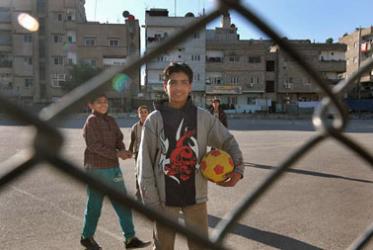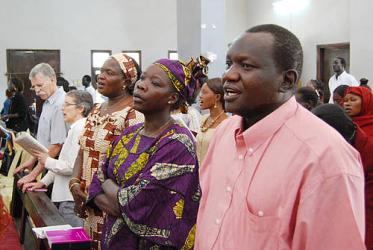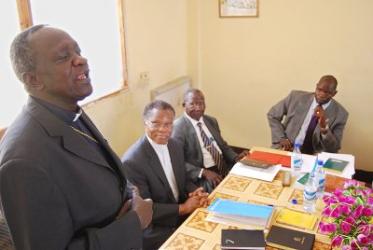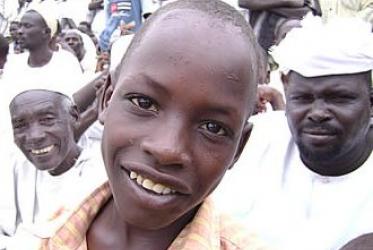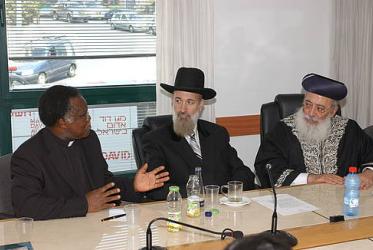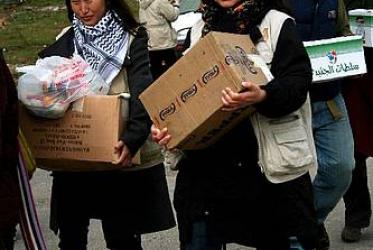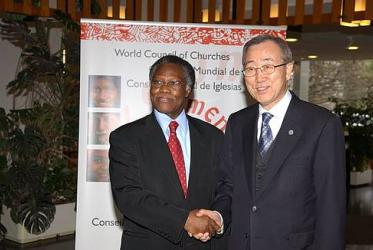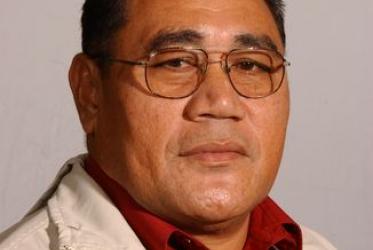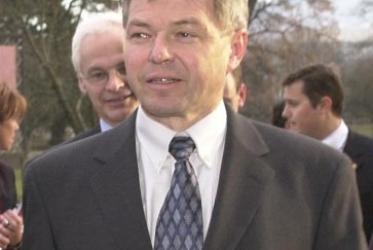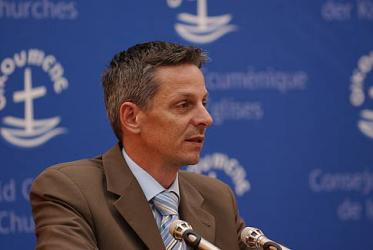Displaying 3001 - 3020 of 3338
WCC delegation met with Syria's Assad
24 April 2008
"Ignored by the whole world" - a visit to Yambio, Sudan
17 April 2008
Sudan: churches at a crossroad
04 April 2008
Sudanese churches face "tremendous tasks and challenges"
28 March 2008
WCC calls for UN fact finding mission to Papua
17 March 2008
WCC statements address climate change, other topics
20 February 2008
Church statements should have roots in scripture
19 February 2008
Kenya needs voice of churches
15 February 2008
Kingston will host WCC peace convocation in 2011
15 February 2008


